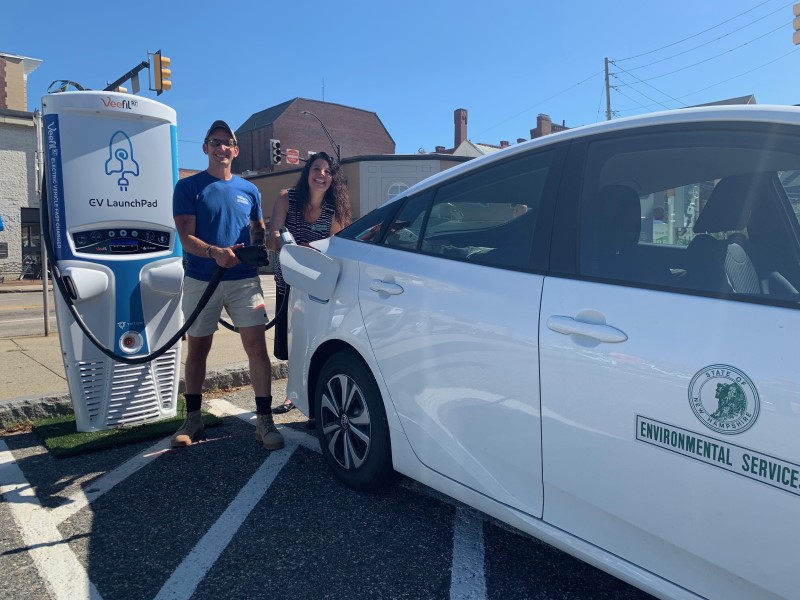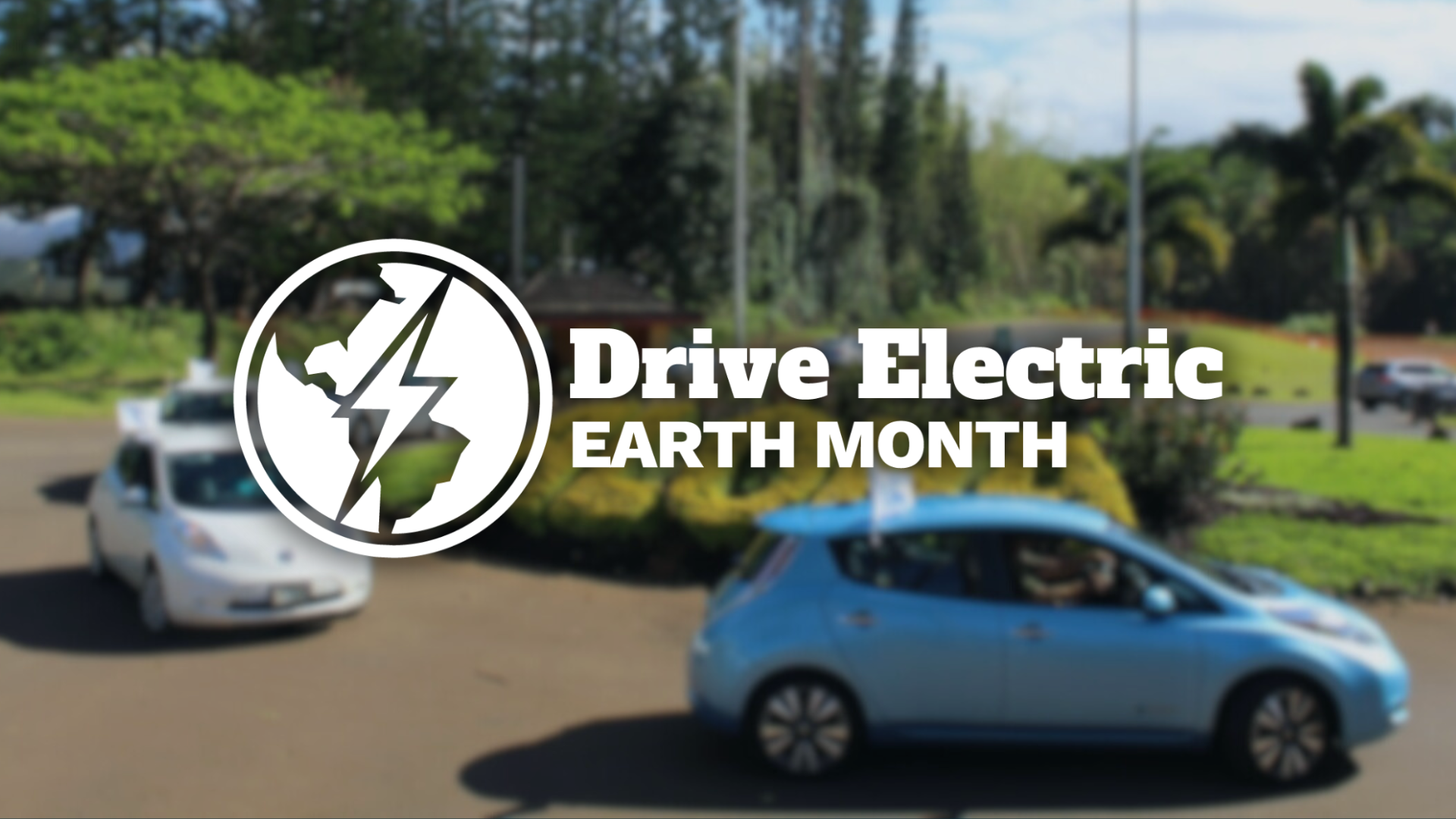While most electric vehicle (EV) charging is done at home overnight or at work during the day, direct current fast charging, commonly referred to as DC fast charging or DCFC, can charge an EV up to 80% in just 20-30 minutes. So, how is DC fast charging applicable to EV drivers?
What is direct current fast charging?
Direct current fast charging, commonly referred to as DC fast charging or DCFC, is the fastest available manner for charging electric vehicles. There are three levels of EV charging:
- Level 1 charging operates at 120V AC, supplying between 1.2 – 1.8 kW. This is the level provided by a standard household outlet and can provide approximately 40–50 miles of range overnight.
- Level 2 charging operates at 240V AC, supplying between 3.6 – 22 kW. This level includes charging stations that are commonly installed in homes, workplaces, and public locations and can provide approximately 25 miles of range per hour of charging.
- Level 3 (or DCFC for our purposes) operates between 400 – 1000V AC, supplying 50kW and above. DCFC, generally only available in public locations, can typically charge a vehicle to 80% in approximately 20-30 minutes.
For more information, download Plug In America’s EV Charging 101 (PDF).
Once a vehicle’s battery is recharged to 80%, the charging speed slows down to prevent damage to the battery, much like when filling a glass of water, you must slow down as you get closer to the top to prevent spilling. Because of this, it is recommended to only use DC fast charging until you reach 80% and then continue your trip.
Fast charging is a general term, and not all DCFC stations charge at the same speed. The charging speed depends on a car’s specific battery capacity, the strength of the charging station, and the communication between the car and charging station.
Improvements in lithium-ion battery materials and chemistry will allow for better cooling and faster charging. Better batteries are in the works and will continue to improve the charging experience.
How is DC fast charging useful?
While commuting and in-town trips account for the majority of driving, many EV drivers will travel a long distance at some point. EV battery ranges have steadily improved and will continue to improve in the coming years, with many models achieving ranges over 200 miles. In addition to longer ranges on vehicles, DC fast-charging stations along highways allow EV drivers to make short stops and refuel conveniently, quickly, and cost-effectively. Federal and state government cooperation has led to the development of infrastructure along the interstate highway system and other major freeways, known as Alternative Fuel Corridors.
Although approximately 80% of EV charging takes place at home, not every EV driver has convenient access to home charging. Urban fast-charging stations may become more prevalent to meet the needs of multi-unit dwelling (MUD) residents, as well as ride-sharing vehicles and public transit fleets.
Okay, so DCFC is important. But what are the challenges?
Homeowners are unlikely to install a DCFC station because of its high cost and power needs. On average, DCFC stations cost around $50,000 or more. Electric vehicle supply equipment (EVSE) companies like Electrify America, ChargePoint, and EVgo are building out fast-charging networks across the country.
In addition to Tesla’s connector specifically for their vehicles and charging network, there have been two other fast-charging connectors that have been competing to become the industry standard for all other vehicles: CCS and CHAdeMO. While vehicles from U.S. and European manufacturers have been using CCS, Japanese manufacturers have typically used CHAdeMO. In July 2020, Nissan announced their new Ariya vehicle would use CCS in the U.S., essentially ending the battle and making CCS the fast-charging standard in the U.S.
We hope this post shed some light on direct current fast charging and why it is important for electric vehicles. If you have any questions or concerns, please comment and let us know!
Photo: Josh Denton, city councilor and National Drive Electric Week event co-captain, and Jessica Wilcox, Granite State Clean Cities coordinator, plugging in the New Hampshire Department of Environmental Services EV to an EV Launchpad DC fast charging station in historic downtown Portsmouth, New Hampshire. Photo Credit: EV Launchpad

